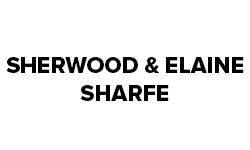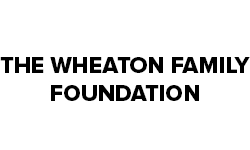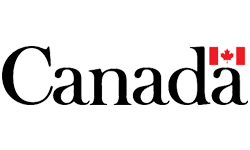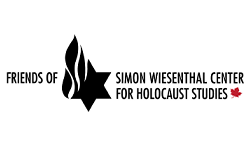CITIZENSHIP STUDIES 20-LEVEL: CITIZENS CONNECTED TO SELF, COMMUNITY, AND PLACE
Part A
Broad Area of Citizenship: Social Studies, History, Native Studies
Citizens connected to Self, Community, and Place value and demonstrate a commitment to understanding the connections between people, the societies they create, and the environment in which they live. They strive to right inequities of social injustice.
Students begin by examining causes of injustice and the considerations that must occur when trying to redress wrongs (10). They move to understanding the implications of injustice at the international level (20) and consider the additional complications of working with many countries with differing ideologies and political structures. In the final year of study (30) students continue to examine the historical and contemporary issues that arise from injustice and the structures, societal, and political that perpetuate ongoing inequities, including acceptance of the status quo.
Overview and Desired Results of Citizenship Study
Students examine the history of cultures living together; examine the impact of ideology on the way society responds to current inequities; and, consider historical mechanisms to address injustice.
20
- Social Studies students will consider the various ideological responses to current and/or historical inequities.
- Historical Studies students will consider and assess mechanisms to resolve inequity and injustice.
- Native Studies students will evaluate approaches to acculturation over time (annihilation, assimilation, accommodation)
Enduring Understandings of Citizenship Study
- Injustices of today have roots in the past.
- Canadian society is challenged to manage the coexistence of diverse worldviews.
- Canadian citizens work to achieve a balance between rights and responsibilities through learning and action.
- Canadian society has inequities and elimination of these is beneficial for all Canadians.
- For each individual, becoming aware of racism in Canadian society is an evolutionary process and a precursor to change.
- As citizens of local, national, and global communities, Canadians are conscious, self-reflective, and critical of their own beliefs and actions and seek to make positive change.
- Citizens show flexibility of mind.
- Enduring understandings and questions stimulate thinking, guide the inquiry and are linked to outcomes.
- These questions point to the “big ideas’ in the area of inquiry and should be considered and reconsidered as the inquiry progresses.
- Deliberation of these understandings forms the evidence of learning at the end of study.
Knowledge and Skill Development
- Criteria to identify Social Justice Issues
- Strategies to affect change
- Systemic elements of injustice
Students will be able to:
- Identify and analyze social justice issues
- Compare and contrast strategies to address those issues
- Investigate the underlying causes of social injustice
Essential Questions
- What is social justice?
- Why do injustices exist?
- What responsibility do individuals have to address injustices in society? How could this be accomplished?
- What responsibilities do governments have to address injustices in society? How can this be accomplished?
Saskatchewan Curriculum Concept Connections
Students will:
- Investigate a variety of injustices: historical, social, religious, and cultural;
- Examine ways in which we/individuals contribute to current problems;
- Recognize issues of social justice and work towards a resolution for these issues, on a regional, national, global level;
- Indigenous issues
- Gender based issues
- Environmental issues
- Socio-economic issues
- Cultural issues
- Understand the importance and purpose of community stewardship and take action at provincial, national, and global levels;
- Know that human rights are more than “demands for rights”; they involve a moral entitlement to the Rights in question which other people in society have collectively decided they will honour; and,
- Know that a human rights claim by an individual or group imposes a set of responsibilities and obligations which other individuals and groups must honour.
© 2024 Concentus Citizenship Education Foundation Inc. All Rights Reserved.









